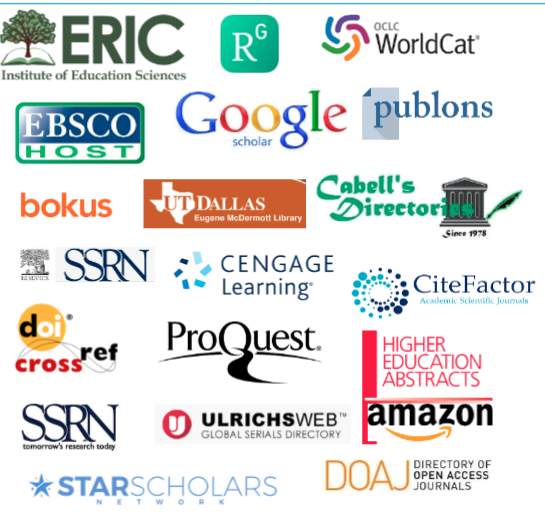Opportunities for developing intercultural competence during COVID-19: A case study of international students in Australia
DOI:
https://doi.org/10.32674/jimphe.v8i2.6086Keywords:
COVID 19, Intercultural competence, International students, Intercultural awarenessAbstract
It is known that international students must possess a variety of cognitive, affective and behavioural skills and dispositions to succeed in intercultural environments in their host countries. In Australia, opportunities for international students to participate in intercultural encounters were limited by ongoing lockdowns and social-distancing restrictions due to the COVID-19 pandemic. This article reports on a two-year ethnographic research study that critically examined the lived multilingual and multicultural experiences of two international students in search of heightened intercultural awareness and enhanced levels of intercultural competence during the pandemic. Drawing on a constructivist view of intercultural competence, this study comprehends the ways in which students use their ‘action-oriented’ capacity to cope successfully with new, unknown, unfamiliar, and unpredictable challenges and situations in the host culture. Informed by a narrative inquiry approach, data were gathered through participants’ oral narratives at approximately eight-week intervals over the course of 2020 and 2021. Analysis of the ethnographic data revealed while students appreciated and fully exploited the limited opportunities for intercultural communication and connectedness presented to them, a higher level of self-awareness, a greater understanding of cultural distance, a desire for cultural affinity and mutuality led them to exploring alternative avenues for becoming interculturally competent citizens.






